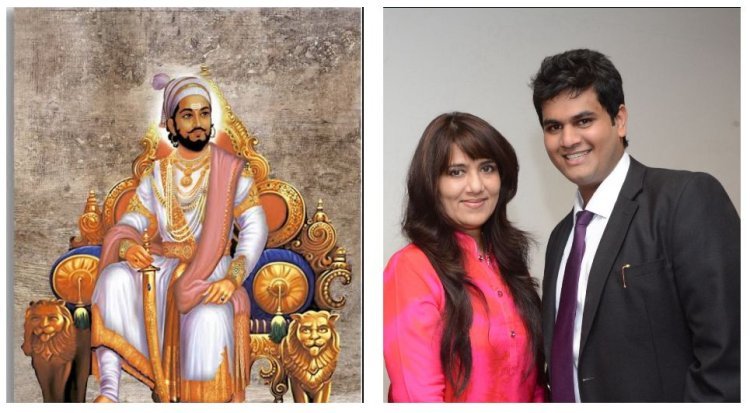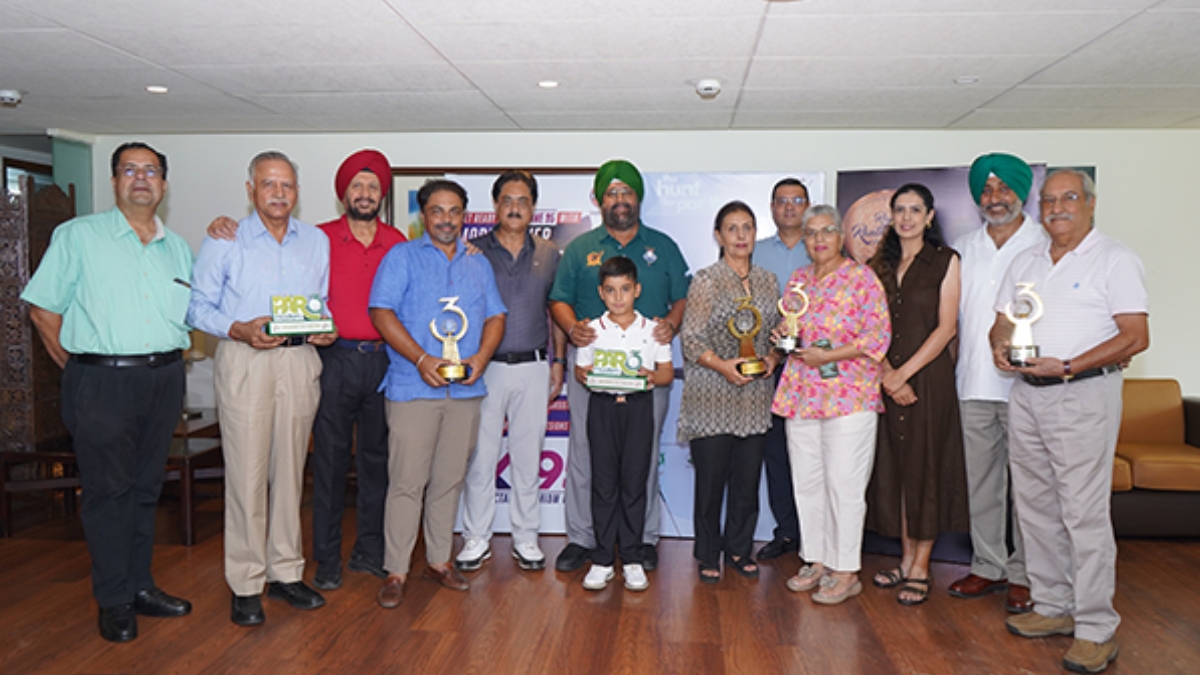Rachana Shah and Rhythm Wagholikar Commemorate Shivaji Maharaj's 394th Birth Anniversary
On the occasion of the 394th Jayanti of Shivaji Maharaj, renowned authors and social activists Rachana Shah and Rhythm Wagholikar reflect

On the occasion of the 394th Jayanti of Shivaji Maharaj, renowned authors and social activists Rachana Shah and Rhythm Wagholikar reflect on the enduring legacy of the legendary warrior king, highlighting his remarkable contributions to Indian history and the values he embodied.
Shivaji Maharaj, born on February 19, 1630, in the hill fort of Shivneri, Maharashtra, emerged as a prominent figure during a turbulent period in Indian history. Through his military prowess, administrative skills, and commitment to justice, he established the Maratha Empire and championed the concept of Hindavi Swarajya, or self-rule for the Indian people.
Rhythm Wagholikar emphasizes, "Shivaji Maharaj's life symbolizes courage triumphing over adversity and righteousness prevailing over tyranny. His leadership continues to inspire those who uphold principles of justice and freedom."
Echoing this sentiment, Rachana Shah remarks, "Shivaji Maharaj's legacy transcends time and boundaries, teaching us the importance of integrity, resilience, and compassion. Let us honor his memory by embracing the values he cherished and defending the ideals he stood for."
In a viral social media post, they urge, "As we commemorate Shivaji Maharaj's 394th Jayanti, let us pay homage to his extraordinary achievements and reaffirm our commitment to building a society guided by his timeless principles of justice, equality, and unity. His legacy will inspire and guide us toward a brighter future. Jai Bhavani! Jai Shivaji!"
While Shivaji Maharaj is celebrated for his military conquests, such as the capture of the formidable fortress of Kondana, his legacy extends beyond warfare. He was a visionary leader who prioritized the welfare of his people and implemented progressive policies promoting religious tolerance, social justice, and economic prosperity. Additionally, he supported arts and culture, contributing to the development of Marathi literature and architecture, leaving behind a rich cultural heritage.

 admin
admin 















